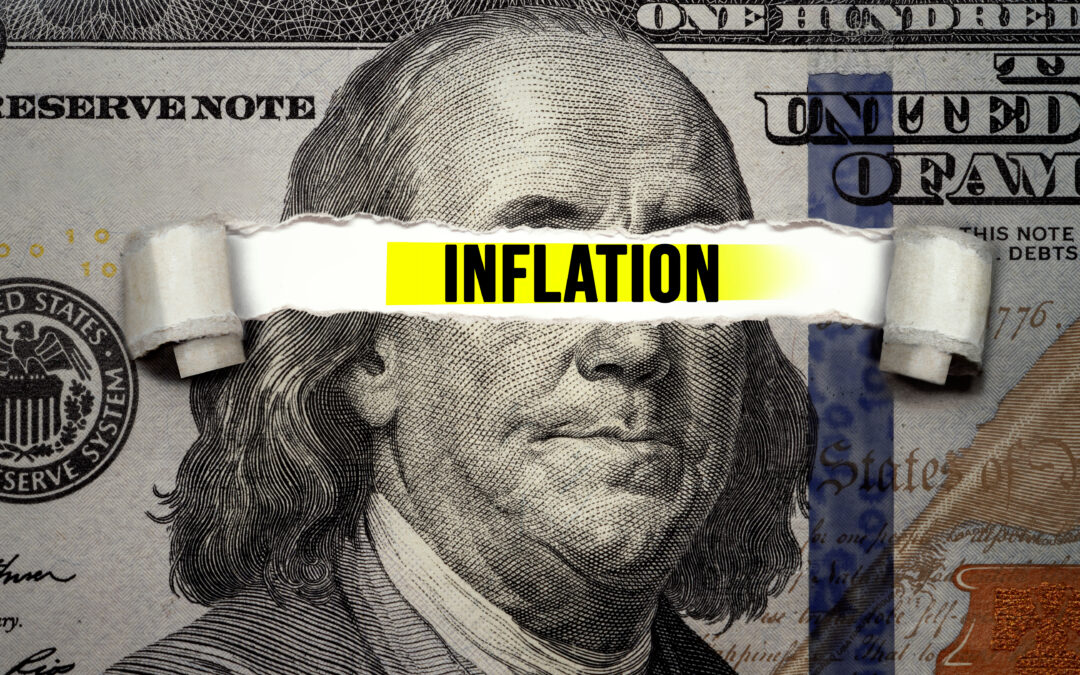In a refreshing turn of events for Canadians, the inflation rate has dipped to 2.8% in June, according to the latest consumer price index report from Statistics Canada. This is the first time in over two years that the rate has fallen within the Bank of Canada’s target range. A significant contributor to this decrease was a drop in gasoline prices compared to last year.
However, not everything is on the decline; grocery prices, for instance, have seen a significant hike, up 9.1% compared to last year. This faster rise is something Canadians are keeping an eye on, considering how important groceries are to daily living.
The Bank of Canada had recently increased interest rates partly because they anticipated inflation to remain high for a longer period. They projected the rate to stay around 3% over the next year before gradually reducing to around 2% by mid-2025.
So, you may ask, what does all this mean for the average Joe trying to manage personal finances? Well, let’s take a look.
When the central bank raises interest rates, they’re trying to slow down demand in the economy by making it costlier for individuals and businesses to borrow money. The ultimate goal of this is to bring down inflation. In the interim, however, this action can increase the interest Canadians pay on their mortgages.
Yet, the report also provides some optimism, revealing that the inflation rate would have been a more manageable 2% if we exclude mortgage interest costs. This brings us to the point of how the current decrease in inflation might be a harbinger of positive change for mortgage and variable loan rates.
When inflation is high, lenders usually raise interest rates to compensate for the decreased purchasing power of the money they will be repaid in the future. As inflation slows down, as we are witnessing now, lenders have less need to hike interest rates, which could spell good news for anyone with a mortgage or considering getting one.
And the good news doesn’t end there! The report shows that prices for many goods and services are starting to stabilize. For instance, transportation costs have gone down due to lower gas prices and slower growth in vehicle prices. Also, Canadians are paying 14.7% less for cellular services than they did a year ago, thanks to reduced prices for data plans and sales promotions.
In summary, for those of you concerned about your personal finances, a decrease in inflation could very well mean lighter burdens from loans in the near future. So, while there are still challenges ahead, this dip in inflation may be a sign of brighter days ahead.

